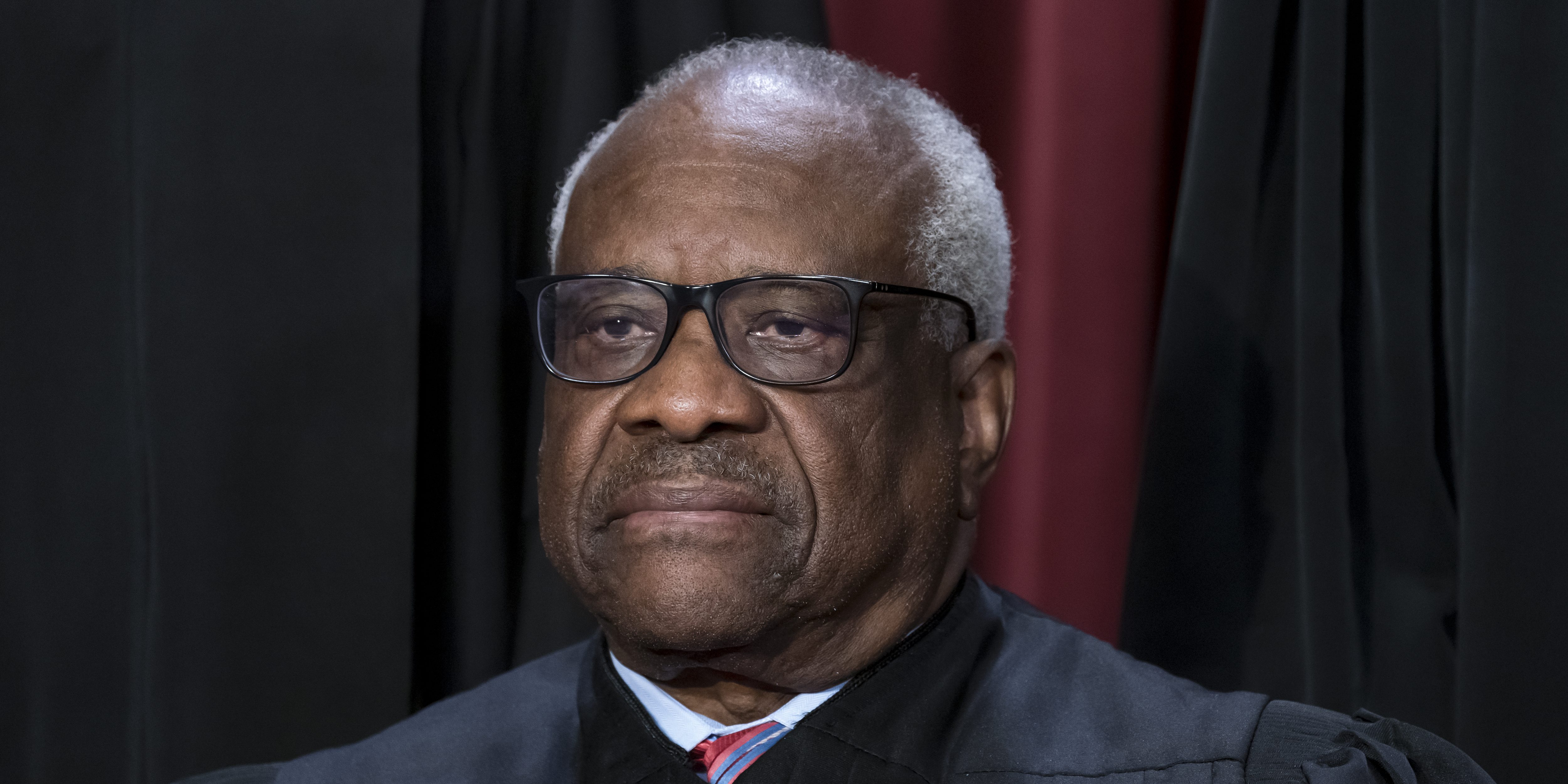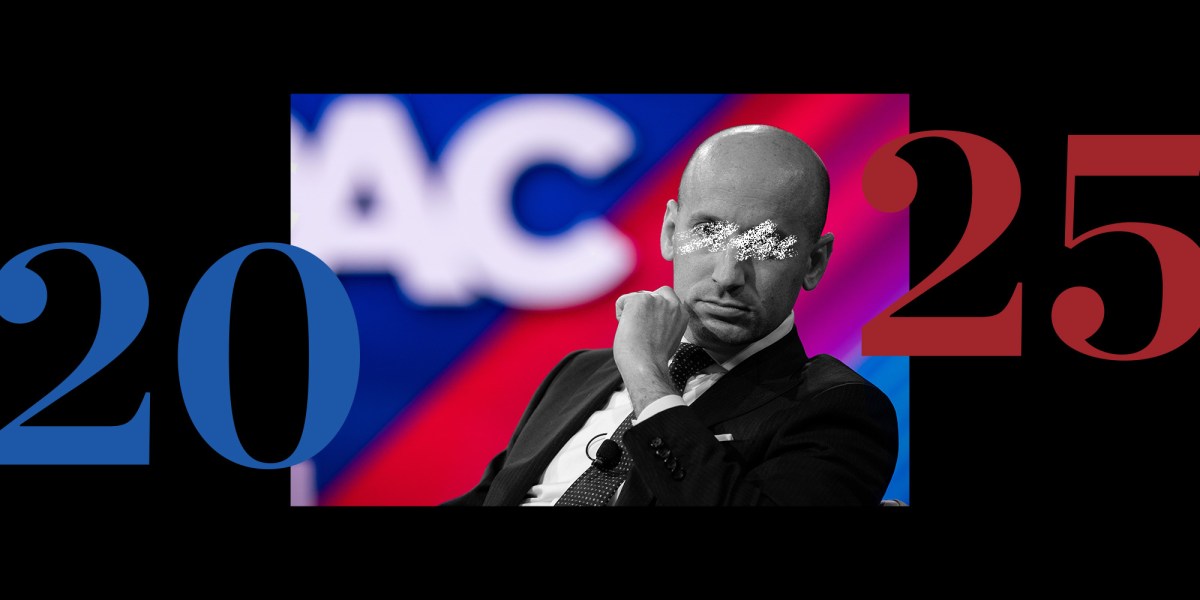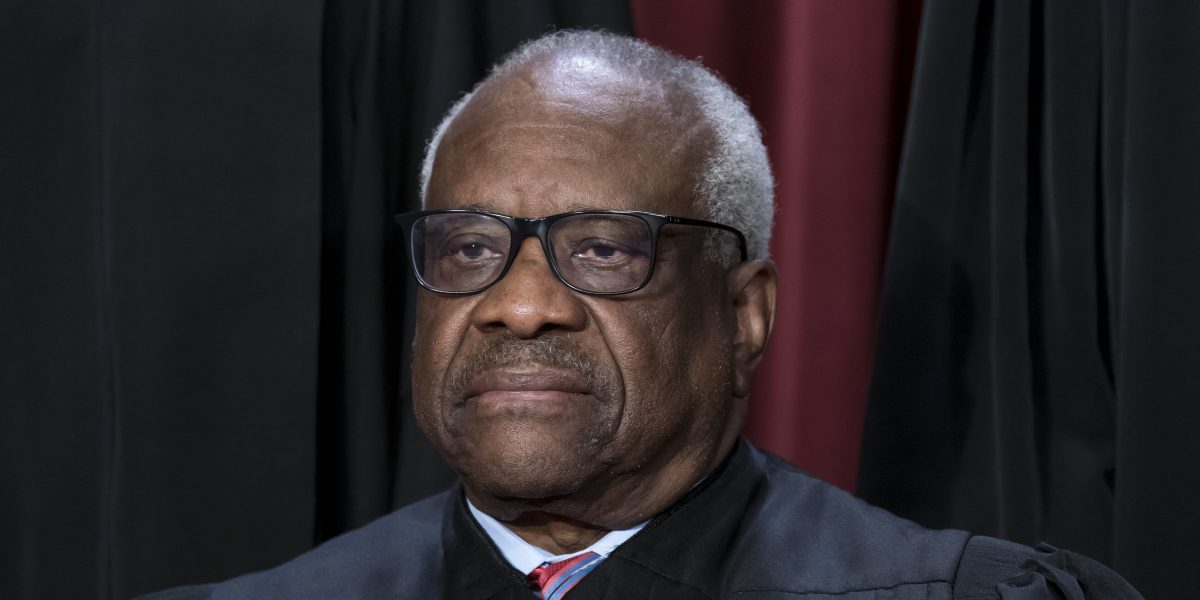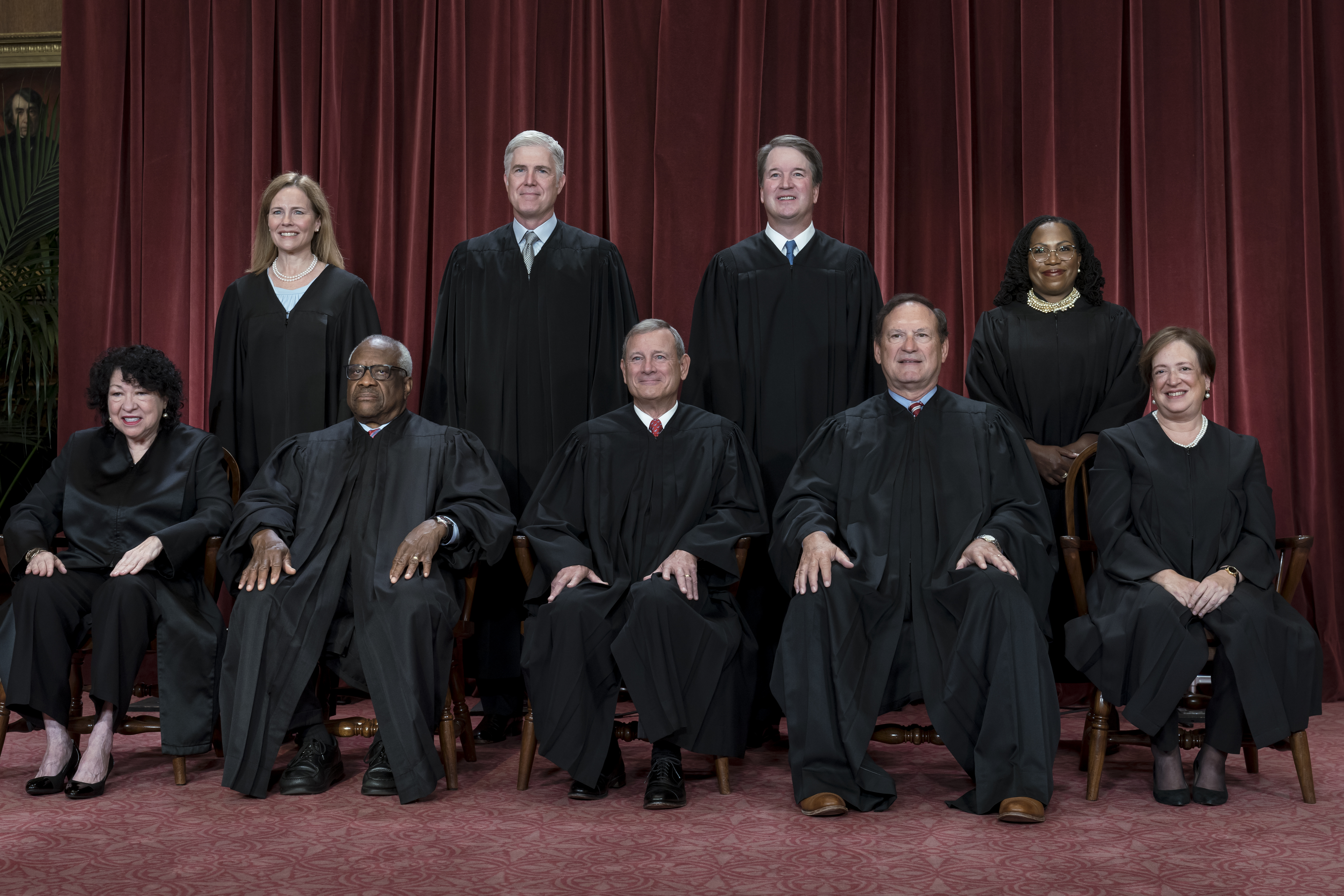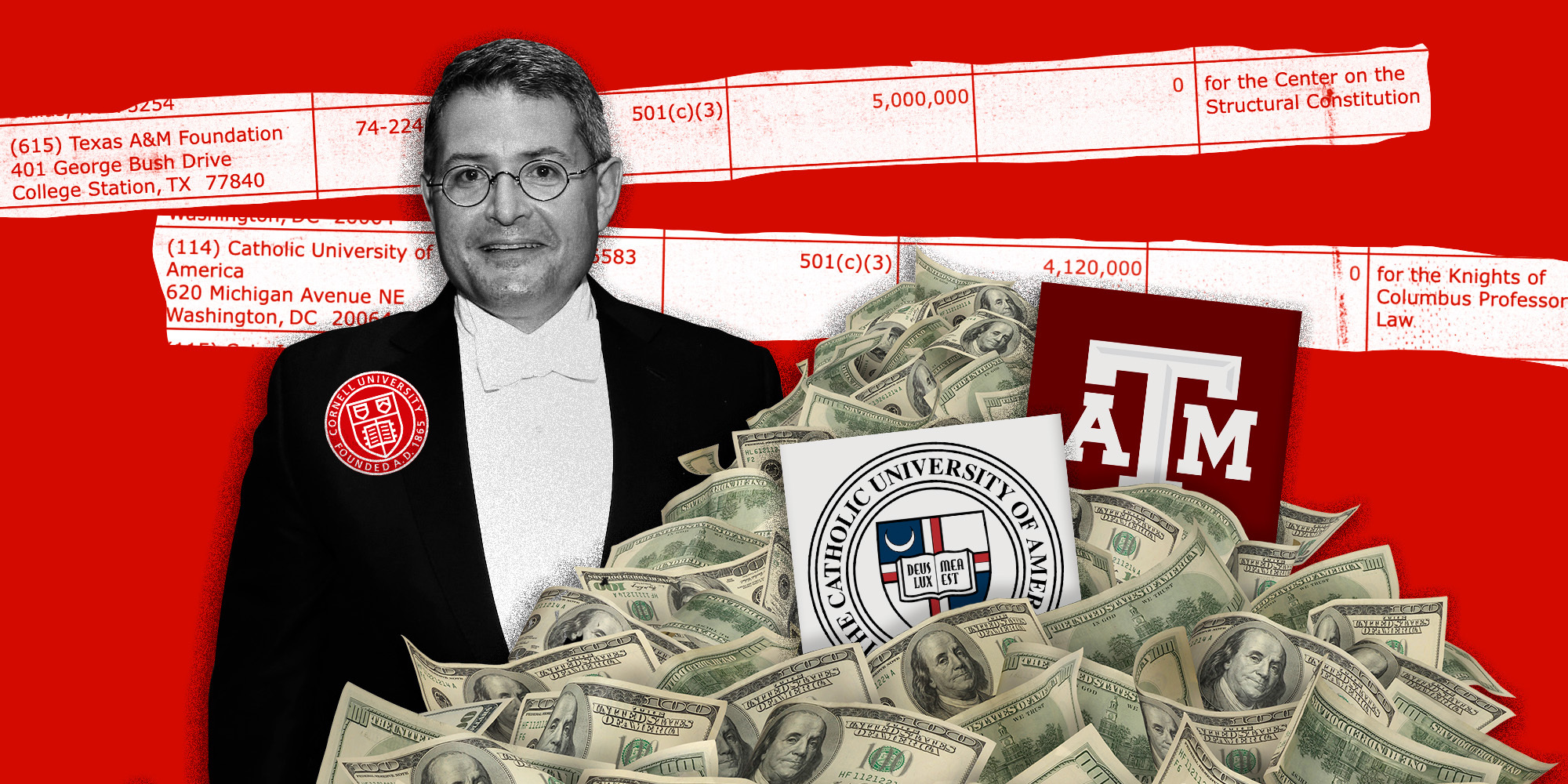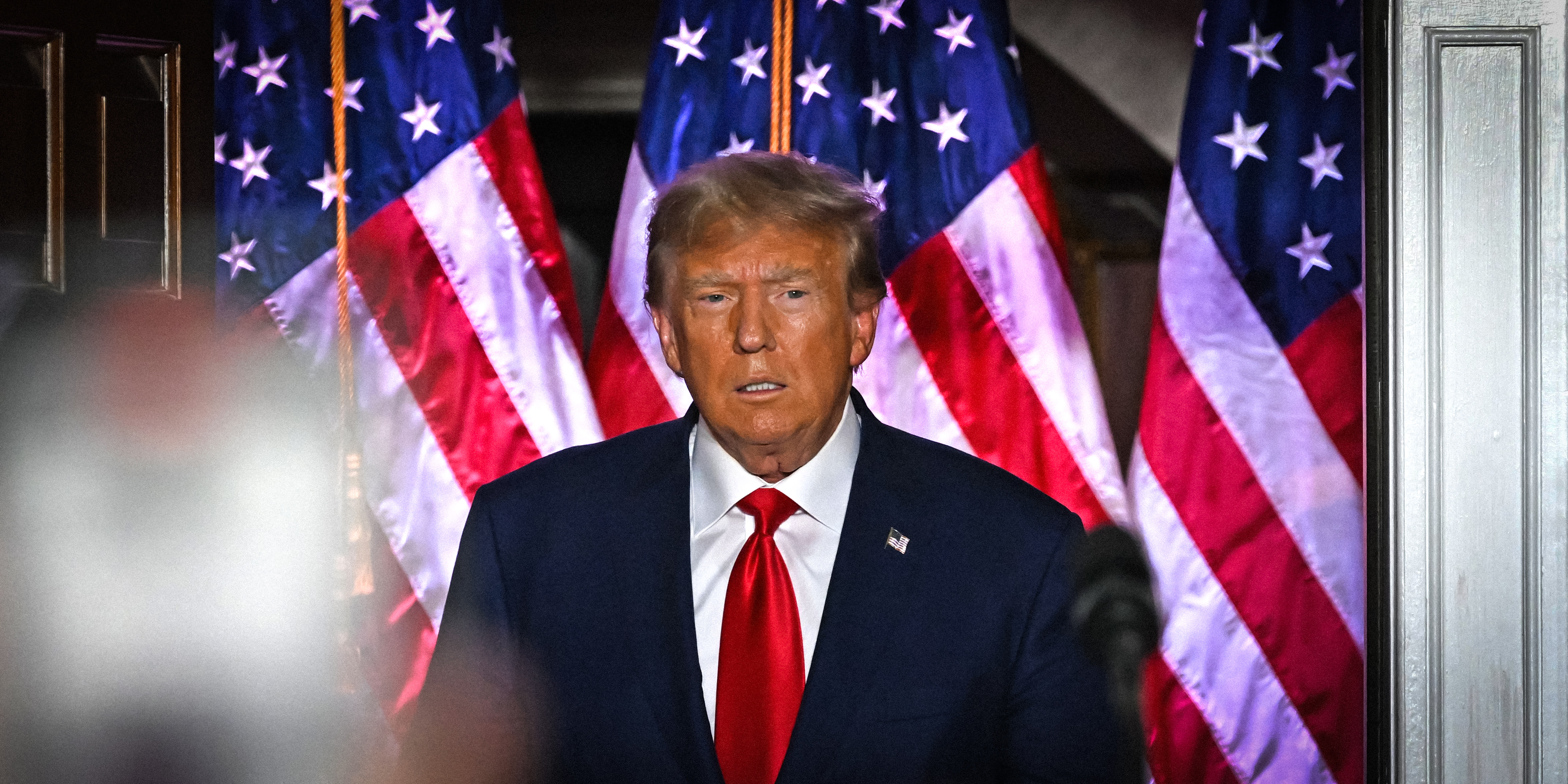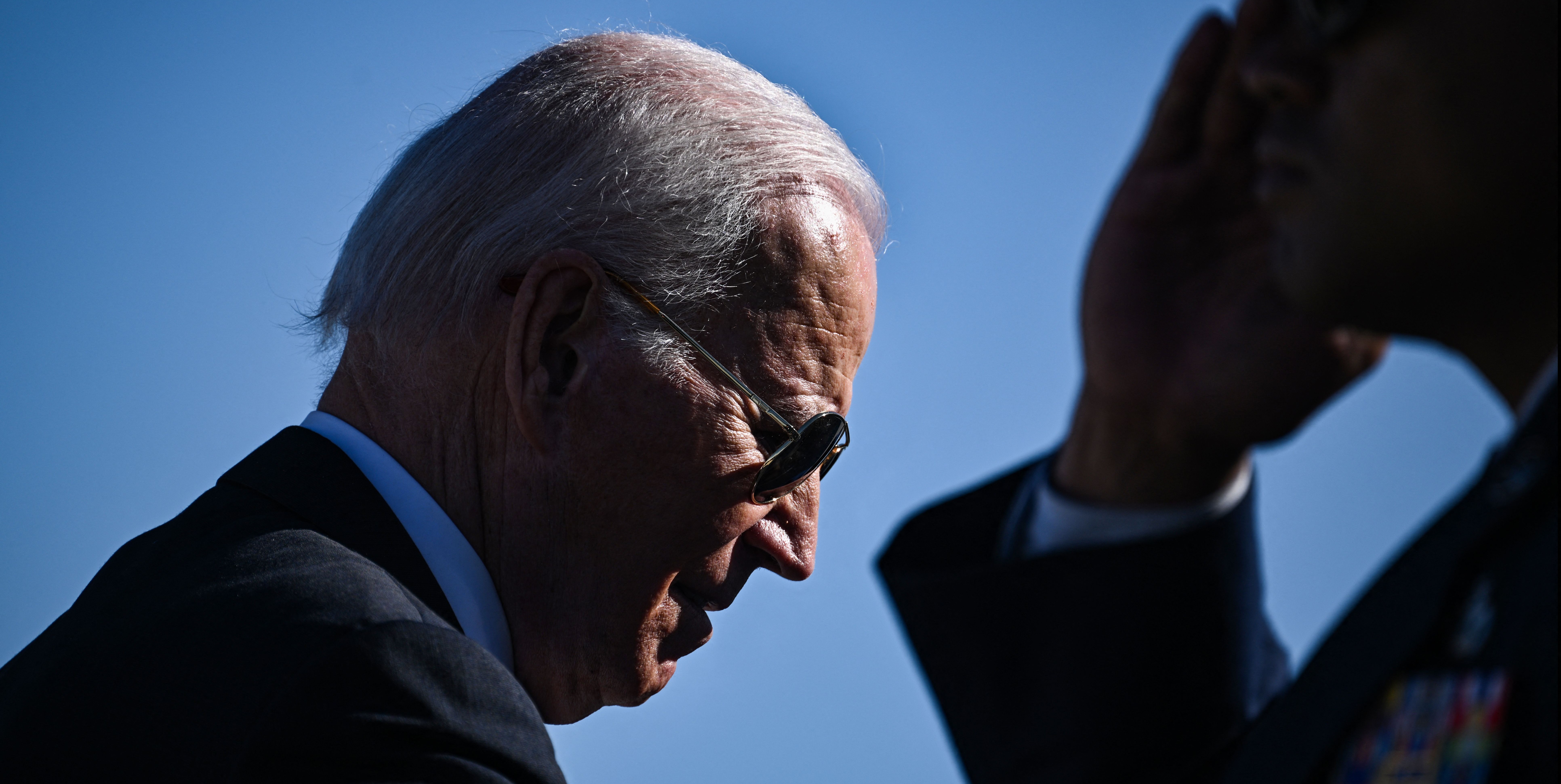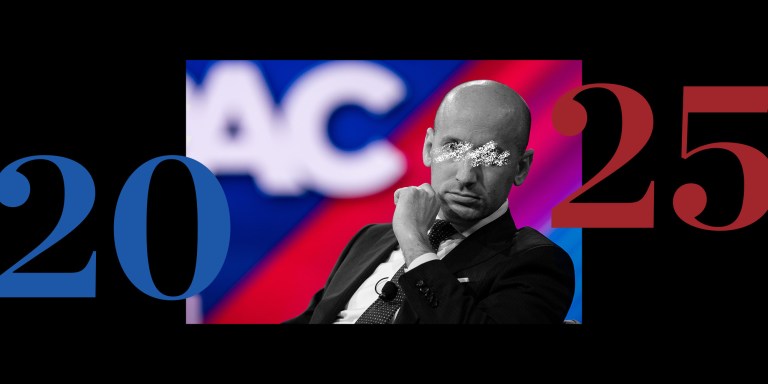A federal district court dismissed the indictment against Donald Trump for taking classified documents when he left the White House, ruling on Monday that the special counsel who indicted the former president was not constitutionally appointed. Judge Aileen Cannon’s 93-page decision will almost certainly be appealed, but it virtually guarantees the case will not see significant progress before the election in November.
To rule as she did, Cannon had to sidestep longstanding Supreme Court precedent about independent prosecutors, which she decided was not precedent at all but instead mere “dictum” that need not be followed. This was precisely the path outlined by conservative Justice Clarence Thomas earlier this month in a decision regarding Trump’s prosecution for his role in the January 6 insurrection, where the constitutionality of the special counsel’s appointment was not even at issue.
None of the other Supreme Court justices signed onto Thomas’s concurring opinion, but Cannon cited it three times.
“Justice Thomas’s ‘Cannon-currence’ worked,” law professor Leah Litman tweeted after Cannon’s ruling came out. “In the Trump immunity case, Justice Thomas wrote separately to suggest the special counsel was unlawfully appointed; the reasoning laid out the roadmap for this (wrong) result/decision.”
In United States v. Nixon, a 1973 decision, the Supreme Court rejected former President Richard Nixon’s attempts to stonewall a grand jury investigation into the Watergate break-in. The Supreme Court unanimously ruled that Nixon had to comply with the subpoena of a special prosecutor, who had been appointed in compliance with the Constitution, federal law, and regulation.
For decades, the Nixon ruling has been understood to affirm the constitutionality of independent prosecutors and special counsel who are appointed by the attorney general to handle certain politically sensitive cases. In 2019, the D.C. Circuit Court of Appeals reaffirmed this understanding when it shot down a challenge to Robert Mueller’s appointment to investigate Russia’s attempts to interfere in the 2016 presidential election.
The D.C. Circuit specifically rejected arguments that a key section in the Nixon decision was “dictum.”
Earlier this month, however, Justice Thomas went out of his way to endorse that theory.
The Supreme Court immunity case stemmed from the separate investigation into Trump’s involvement in the January 6 insurrection. In that case, Trump argued he was completely immune from prosecution, but he did not challenge Jack Smith’s appointment as special counsel.
Still, at oral argument in April, Justice Thomas asked about the appointment issue.
“Did you, in this litigation, challenge the appointment of special counsel?” he asked Trump’s attorneys, who confirmed that they had raised it in the classified documents case but not in the January 6 prosecution.
On July 1, the Supreme Court’s conservative majority ruled Trump had presumptive immunity for any “official acts” he took in the lead up to the insurrection. Writing only for himself, Justice Thomas issued a concurring opinion “to highlight another way in which this prosecution may violate our constitutional structure.”
“If this unprecedented prosecution is to proceed, it must be conducted by someone duly authorized to do so by the American people,” Thomas wrote in his concurrence. “The lower courts should thus answer these essential questions concerning the Special Counsel’s appointment before proceeding.”
Thomas laid out his concerns about the constitutionality of special counsel like Smith, and he took a swipe at the Nixon decision as giving only “passing reference” to relevant statutes while providing “no analysis of those provisions’ text.”
In her decision on Monday, Cannon followed Thomas’s analysis, which no other conservative Supreme Court justice joined, while dismissing the D.C. Circuit’s unanimous determination that Nixon remained binding precedent.
Thomas “laid the table and Judge Cannon took a seat,” law professor Melissa Murray tweeted on Monday.
